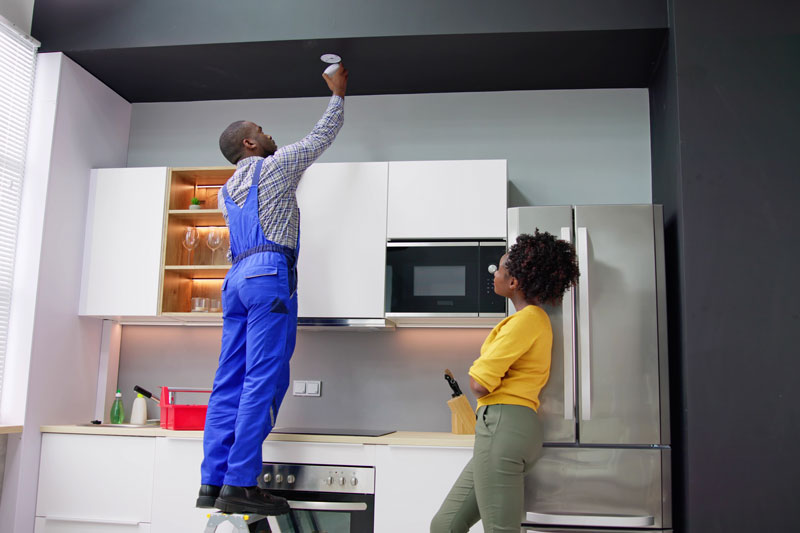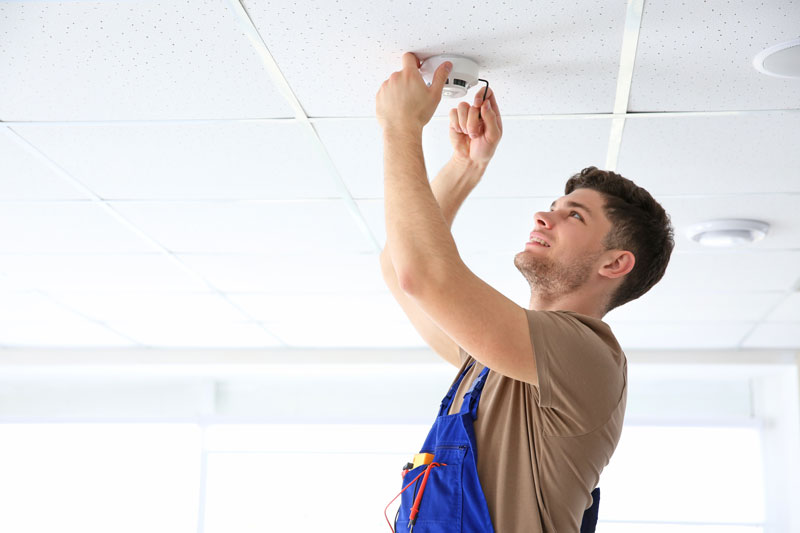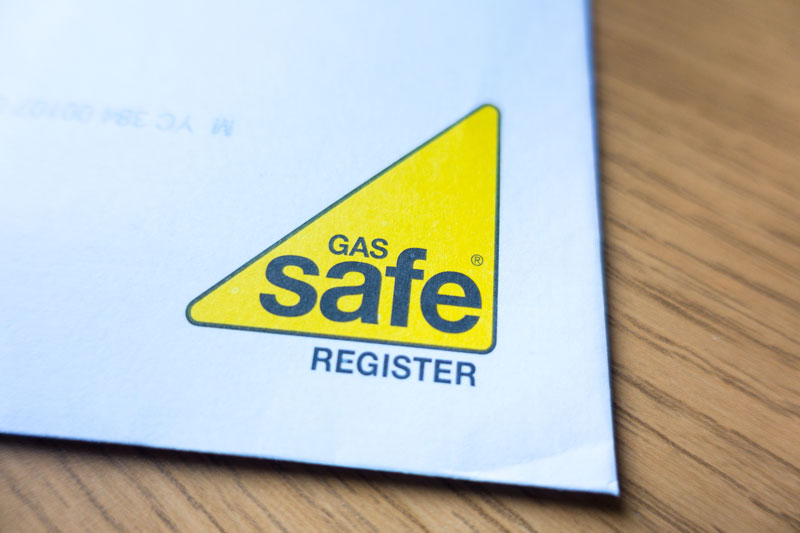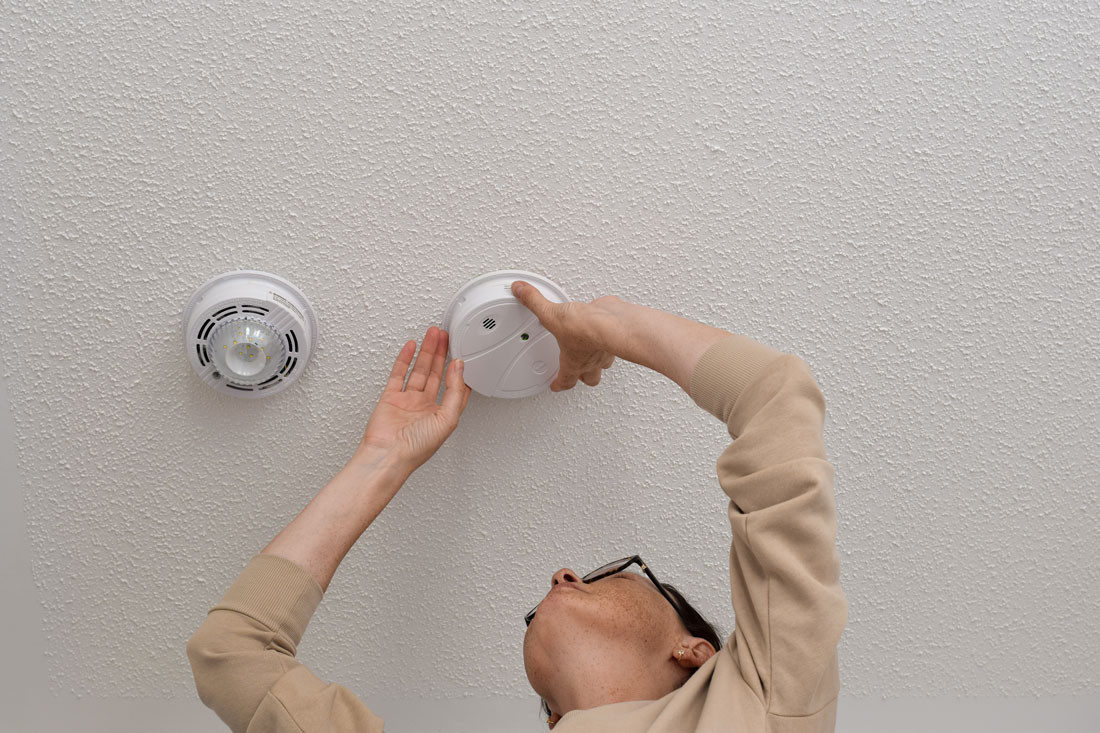Know These New Smoke and Carbon Monoxide Rules Before Renting Properties in Wales
Smoke alarms and carbon monoxide alarms save lives by alerting to potential fires and risks within a property, allowing enough time for safe evacuation due to early detection and warning. Recent changes in the regulations for landlords in Wales mean that landlords now have specific legal duties relating to the installation and placement of smoke alarms and carbon monoxide alarms in their properties. This article explains everything landlords need to know about the new regulations and how to keep their tenants safe.
Insights Into the Significance of Smoke and Carbon Monoxide Alarms
Smoke alarms play a crucial role in fire detection, providing early warning that can be the difference between life and death. These devices are designed to detect the presence of smoke, triggering a loud, piercing alarm that alerts occupants to the presence of a fire. In a house fire, seconds can be the determining factor in escaping safely.
A carbon monoxide alarm is essential for detecting this colourless, odourless gas that can be deadly when inhaled. Carbon monoxide poisoning can occur from faulty appliances, blocked vents, or other sources, making these alarms necessary for protecting the health and lives of those inside a home.
Where Should the Alarms be Placed?

Proper placement of smoke alarms and carbon monoxide alarms is essential to ensure the safety of occupants within a property. Correct placement significantly impacts the effectiveness of these alarms.
Smoke Alarms
During a fire, hot smoke initially rises before spreading out. For early detection of smoke, smoke alarms must be placed on the ceiling or at a height within 55 cm of the ceiling. Installing a smoke alarm within three meters of each bedroom door is advisable to ensure audible sound. A smoke or fire alarm should be installed in circulation spaces such as landings or hallways.
The Aico Ionisation smoke alarm is excellent for detecting fast-burning, flaming fires. This type of alarm provides early detection, which is crucial for a quick response during a fire emergency.
Carbon Monoxide Alarms
Carbon monoxide is a silent and deadly threat. A carbon monoxide alarm is essential to detect and alert to the presence of carbon monoxide. It’s advisable to have a carbon monoxide alarm on each floor of a property, and they should be installed in rooms containing fuel-burning appliances such as boilers, ovens, or stoves as these are potential emission sources. Install the alarm between one and three meters, measured horizontally, from the possible carbon monoxide source.
How Should Checks be Performed During a Tenancy?
In a rental property tenancy, several checks and inspections are crucial to ensure both tenants’ safety and the property’s proper maintenance.
Routine Maintenance Checks

Routine maintenance checks are essential to promptly identify and address issues, including fire and carbon monoxide safety. This entails regular assessments of heating systems, smoke alarms, and carbon monoxide detectors to confirm they are in good working order.
Safety Inspections
Safety inspections, specifically for fire and carbon monoxide safety, are paramount. Depending on the property type and tenancy, these checks may involve verifying that fire exits are unobstructed, fire extinguishers and fire blankets are accessible, and that electrical and gas installations comply with safety regulations. Additionally, ensuring that carbon monoxide alarms are in place and functioning effectively is vital, especially for properties with gas appliances.
Property Condition Checks
Property condition checks are essential to assess the overall state of the property, ensuring that it meets legal and safety requirements, including adequate fire exits and well-maintained fire doors. Property condition checks may involve an assessment of the structural condition and any potential deterioration or damage in this regard, which could impact safety.

Compliance Checks
Compliance checks ensure that the property adheres to legal obligations regarding electrical, gas, fire, and carbon monoxide safety, providing tenants with a secure and hazard-free environment. Regular and thorough inspections are essential for maintaining a safe and habitable rental property.
Overview of the New Rules
In December 2022, new Fire and Smoke Alarm Regulations for Wales came into effect. The Renting Homes Fitness for Human Habitation Act Wales applies to all privately rented properties in Wales. The landlord is responsible for ensuring their rented property is fitted with interlinked fire alarms that meet the new standard.
Every Rented Property in Wales Must Have:
- A carbon monoxide alarm installed in every room with a fuel-burning appliance (excluding gas cookers)
- A working smoke alarm on each floor of the property.
- Interconnected fire alarms.
- Alarms which are installed to BS 5839-6 standard.
- Alarms which are fully operational and within the manufacturer’s are replaced by date codes on the unit.
Landlords may use their discretion to determine if more alarms are needed. They may also consider installing a heat alarm in the kitchen. Heat alarms are best at detecting large, fast, flaming fires commonly caused by kitchen activities like cooking.
Smoke Alarms
Landlords in Wales must ensure they install at least one mains-powered smoke alarm on every storey of their rental property. This means that battery-powered smoke alarms do not meet the regulations but may be used in addition to the minimum required mains-powered alarms. It is essential that the mains-powered smoke alarms are interlinked.
Carbon Monoxide Alarms
Landlords in Wales must install a carbon monoxide alarm in every room with a gas, oil or solid fuel burning appliance. Carbon monoxide alarms must be located next to fuel-burning appliances, including concealed or exposed flues on the property. However, they are not required for cooking devices. Carbon monoxide alarms may be either battery-powered or mains-powered, and they do not have to be interlinked.
Landlords must test alarms regularly to ensure they meet the regulations and replace units where necessary. Where landlords fail to meet these regulations, dwellings will be deemed unfit for human habitation.
Ensuring Tenant Safety

In addition to installing smoke and carbon monoxide alarms, landlords are responsible for ensuring their property is fit for human habitation.
Tips for Landlords to Ensure Tenant Safety:
- Regularly inspect the property to ensure structural safety and general condition is good.
- Promptly respond to any issues or concerns raised by the tenant.
- Promptly address any issues in the property, such as damp and repair of appliances, fixtures, and fittings.
- Carry out electrical inspections every five years.
- Carry out a gas safety check annually.
Electrical Inspection
Landlords are required to have the electrical installation of their rental property tested every five years. This test is known as ‘periodic inspection and testing’ (PIT). This test must be carried out by a competent person, such as a professional electrician, who can carry it out accurately and safely in accordance with the UK standard for the safety of electrical installations, BS 7671 – Requirements for Electrical Installations (IET Wiring Regulations).
Where an electrician who carried out the PIT has concerns, they may recommend further testing at shorter intervals. In this event, the five-year period no longer applies, and the landlord must ensure future tests are undertaken at the electrician’s new recommended interval.
Gas Safety

Landlords in Wales are legally responsible for carrying out a gas safety inspection every year. This involves the testing of all gas appliances on the property by a competent person who is a registered gas installer. A copy of the gas safety check paperwork must be provided to the tenant. Landlords are responsible for ensuring that any recommended repairs or works are carried out promptly.
Conclusion
If you are a landlord in Wales, you must ensure your property is safe and fit for human habitation. Follow the tips in this article to ensure tenant safety and install interlinked, mains-powered smoke alarms on each floor and a carbon monoxide alarm next to fuel-burning appliances. Landlord regulations change and update over time, so review them regularly to ensure you remain compliant.
Recent Posts
-
One Light, Every Mood: How CCT Colour-Changeable Flush Lights Are Replacing Multiple Fittings in 2026
In 2026, lighting is no longer a fixed decision you live with for years. Homes are more flexible, s …2nd Feb 2026 -
The Quiet Revolution in Ceilings: A New Way to Think About Downlighting
There’s a soft shift happening above us. Not in the architecture of walls or floors, but in the oft …21st Jan 2026 -
The Ultimate Guide to Switches and Sockets for Every Room
How to make stylish, sensible choices that work with your lifestyle and elevate your interiors. I …13th Jan 2026




